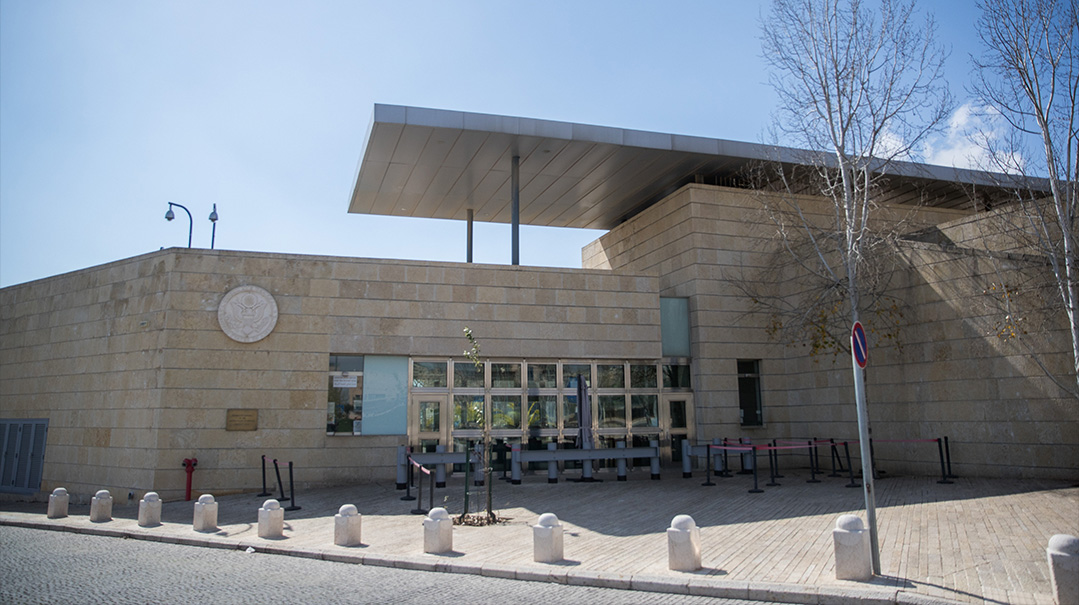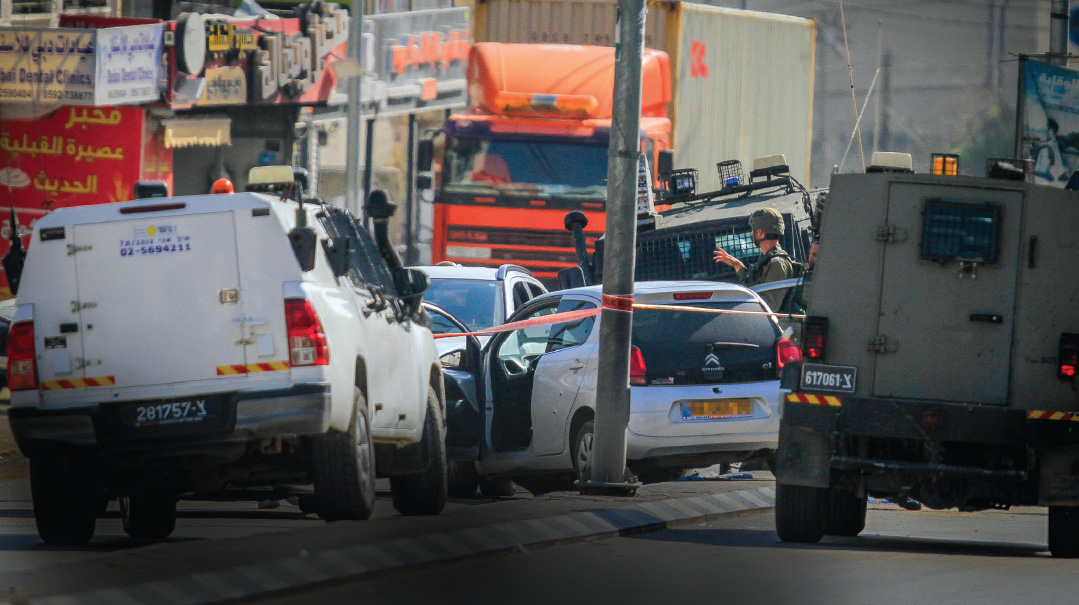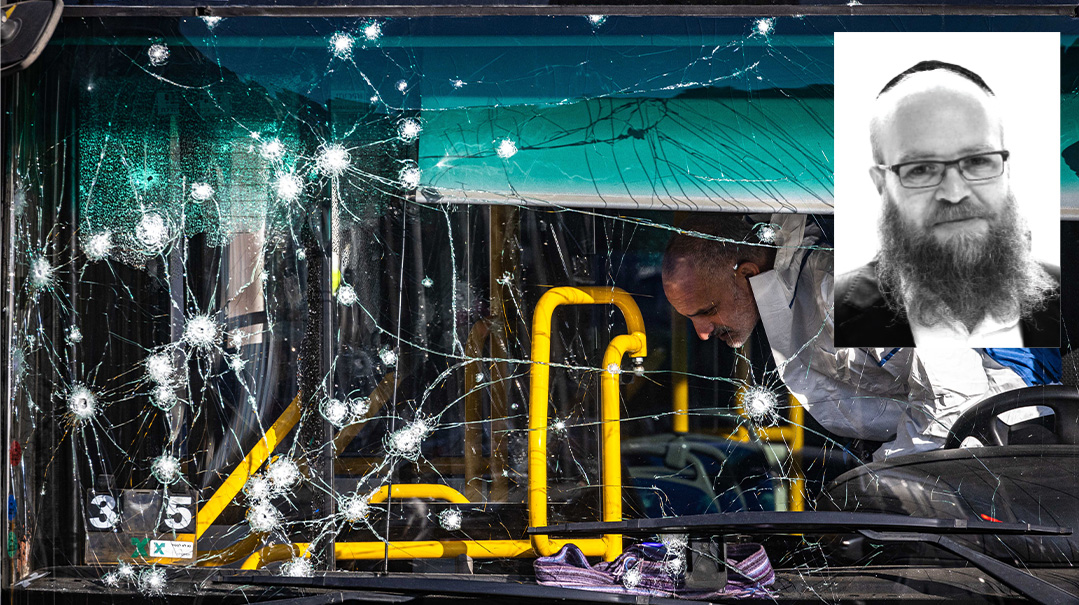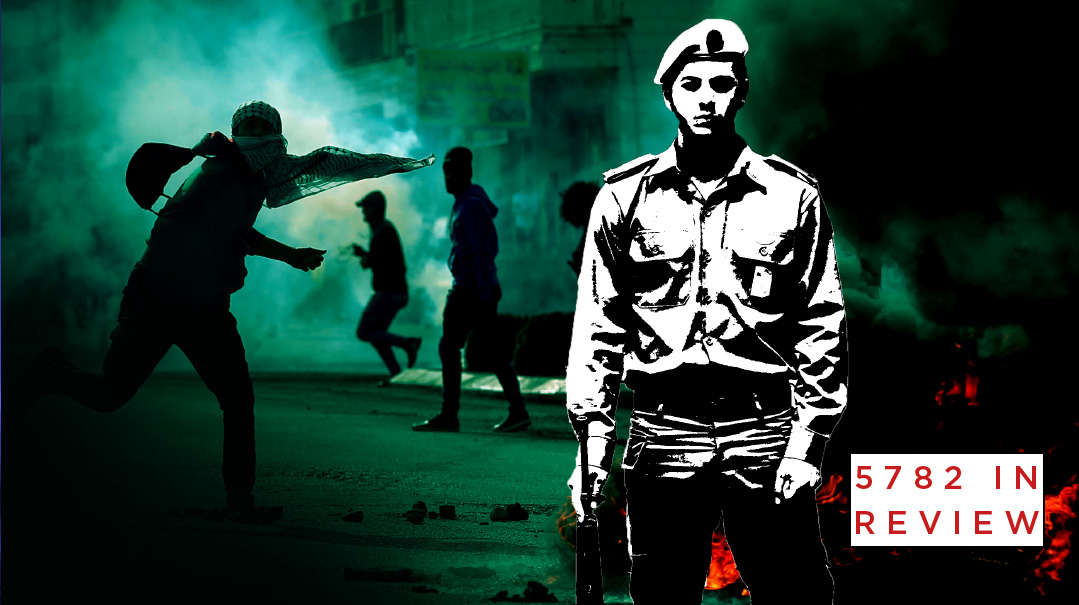Five Years Later, Shocked and Furious

Bibi hasn’t kept his word, say MIA Goldin’s parents
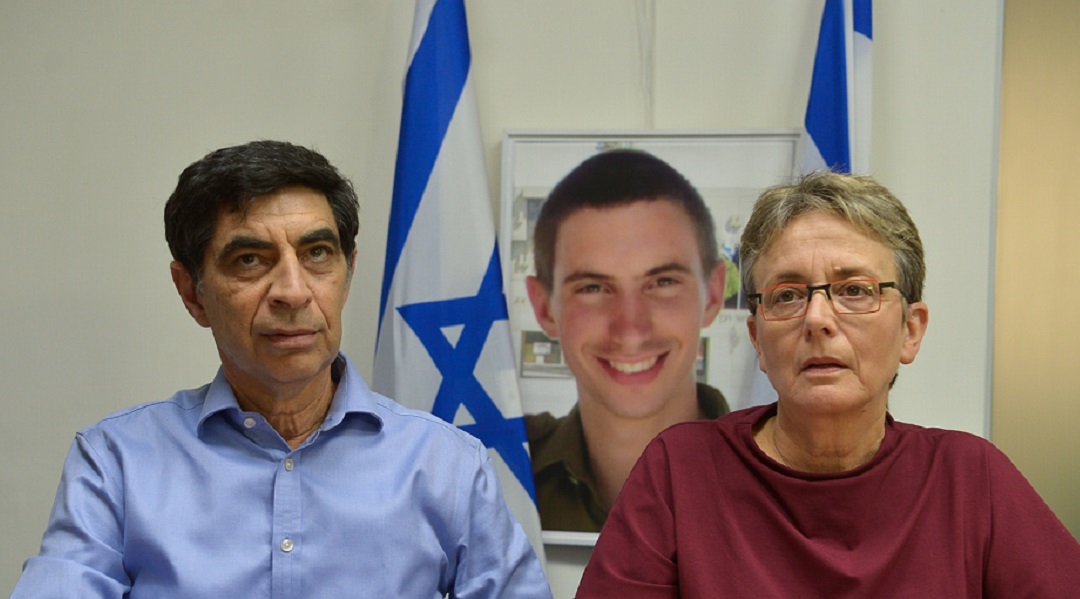
O
n Tuesday this past week, the families of missing IDF soldiers Hadar Goldin and Oron Shaul marked five years since their children were captured by Hamas terrorists during Operation Protective Edge. By a ruling of the army rabbinate, the two missing soldiers were declared casualties of war whose burial places are unknown.
Though five years have passed, the return of the bodies of Hadar Goldin and Oron Shaul (along with Avera Mengistu and Shaaban Hisham Al Sayed, both of whom are mentally ill and were captured after wandering into Gaza) remains a public issue.
The families of the missing soldiers have made no secret of their disappointment with the government, which they say has not done enough to bring their boys home. This past week supplied yet another example.
In a conversation with Mishpacha, Simcha Goldin said the families of the missing soldiers were abruptly summoned for a meeting at the prime minister’s residence on Monday.
“We cancelled plans,” said Goldin, a history professor at Tel Aviv University. “They told us all four families were invited, which would be the first time all the families were together.”
The timing and abrupt nature of the request raised hopes among family members that Prime Minister Netanyahu might be announcing a dramatic breakthrough. Instead, the prime minister asked the families to attend an event at the United Nations that would raise awareness over their plight.
“We were shocked. Furious,” Goldin said. “I and my wife Leah already participated in a similar event at the United Nations in December 2017.
“Our impression was that Netanyahu just didn’t want us in the country throughout the memorial week marking five years since the kidnapping of our son Hadar and his friend Oron. It was a cynical exploitation of the families for propaganda, an attempt to avoid public criticism on Protective Edge.”
Man of His Word?
Five years later, the families remain bewildered that the government has failed to insist that any benefits that come to Gaza must be secured with the return of the bodies. Only recently, Israel agreed to allow the construction of a new industrial zone along the Gaza border and the state has laid a new water pipeline to supply the enclave with more drinking water.
Instead, Goldin said, the government should insist that the United Nations implement a Security Council resolution, passed on June 11, that recognizes the rights of captured soldiers and links economic incentives and peace building to a resolution of outstanding issues.
“We expect Netanyahu to invite [United Nations Special Coordinator for the Middle East Nickolay] Mladenov to his chamber and say, ‘According to the United Nations’ instructions, everything that comes to Gaza through the UN needs to come on the condition that the dead and missing are returned.’ That’s what should be done. A prime minister who sends soldiers to the battlefield should exert himself to bring them back. He isn’t doing that, and instead exerts himself to send us to Manhattan.”
In defense of the prime minister, it’s possible that he fears a humanitarian crisis if he cuts off benefits to the Gaza Strip, a predicament that would be exploited by Hamas’s rulers at the UN and through the international media. But Goldin said he is only insisting that the prime minister keep his commitments. “It was Netanyahu who told us five years ago, in our first meeting, that any deal with Hamas, any aid to Gaza, any reconstruction of Gaza, would have to come in exchange for the return of the prisoners. He isn’t standing by that.”
Another participant in the meeting with Netanyahu was Tzur Goldin, Hadar’s twin brother. On the day of Hadar’s abduction, Tzur was patrolling a few hundred meters away. “They had just been firing rockets at us,” he recalls. “It was a very tense morning. There was a cease-fire, but it was obvious Hamas wouldn’t honor it. I received a notification about the kidnapping, with a map showing our navigational orders, as I was part of the force designated to enter the tunnel shaft to rescue the captured soldiers. At the last minute I received a change of commands from the ranking officers in the area. They wanted to keep me away from the scene and sent me to bring up weapons. When I came to the place where the weaponry was, I found the officers waiting for me, and they told me it was my brother who was abducted.”
Tzur said he won’t rest until his brother receives a proper burial.
Overall Failure
Senior figures in the Israeli defense establishment are also critical of Netanyahu’s conduct. Rami Igra, former head of the MIA (missing in action) department of the Mossad, tells Mishpacha that Israel is capable of exerting tremendous pressure on the Hamas leadership. “This pressure can express itself in targeting their bank accounts or in preventing their close family members from receiving hospital treatment in Israel,” he said. “For some reason Netanyahu has decided not to do that.”
Igra said the failure to secure the return of the bodies is symptomatic of the government’s overall flawed Gaza policy. “Hamas controls us and not the other way around,” he said. “If Hamas wants missiles to fall on Ashkelon, they will fall. If it wants the fields to burn, they’ll burn. We have no way to stop this. This is what happens when a country possessing massive power and resources is faced with an ephemeral terror group in the south and doesn’t know how to deal with it.”
Igra said the government lapses into paralysis each time it considers action in Gaza. “Nobody takes a step without agonizing over all the possible consequences. There is no reason why Hamas should control us. There’s no reason why Israel should not exert painful pressure on the Hamas leadership, within Gaza and without, so they understand that they can’t live normally until our sons’ bodies return home.”
Similar and stronger words come from the man who was once coordinator for MIA matters in the prime minister’s office, Lior Loten. According to Loten’s assessment, the soldiers’ bodies will never be returned and the government is misleading everyone by creating that impression. “The statement that we will bring our soldiers back as part of a deal is a deliberate misrepresentation. It will never happen.”
A similar stance is expressed by former head of the Shin Bet Yaakov Peri.
“The trouble is that Israel is afraid of international condemnation,” Peri explained. “In my eyes, that’s a mistake.”
For example, Israel can worsen the conditions of terrorists held in prison. “In the past, when we prevented family members from visiting terrorists in jail, that had an influence in Gaza.”
Peri points out that Israel entered into negotiations with Hezbollah two years after the Second Lebanon War ended, and secured a deal that led to the return of the bodies of soldiers Eldad Regev and Ehud Goldwasser, Hy”d.
“Hezbollah is not a less extortionate group [than Hamas],” Peri said. “And the government reached a deal with them.”
(Originally featured in Mishpacha, Issue 770)
Oops! We could not locate your form.









